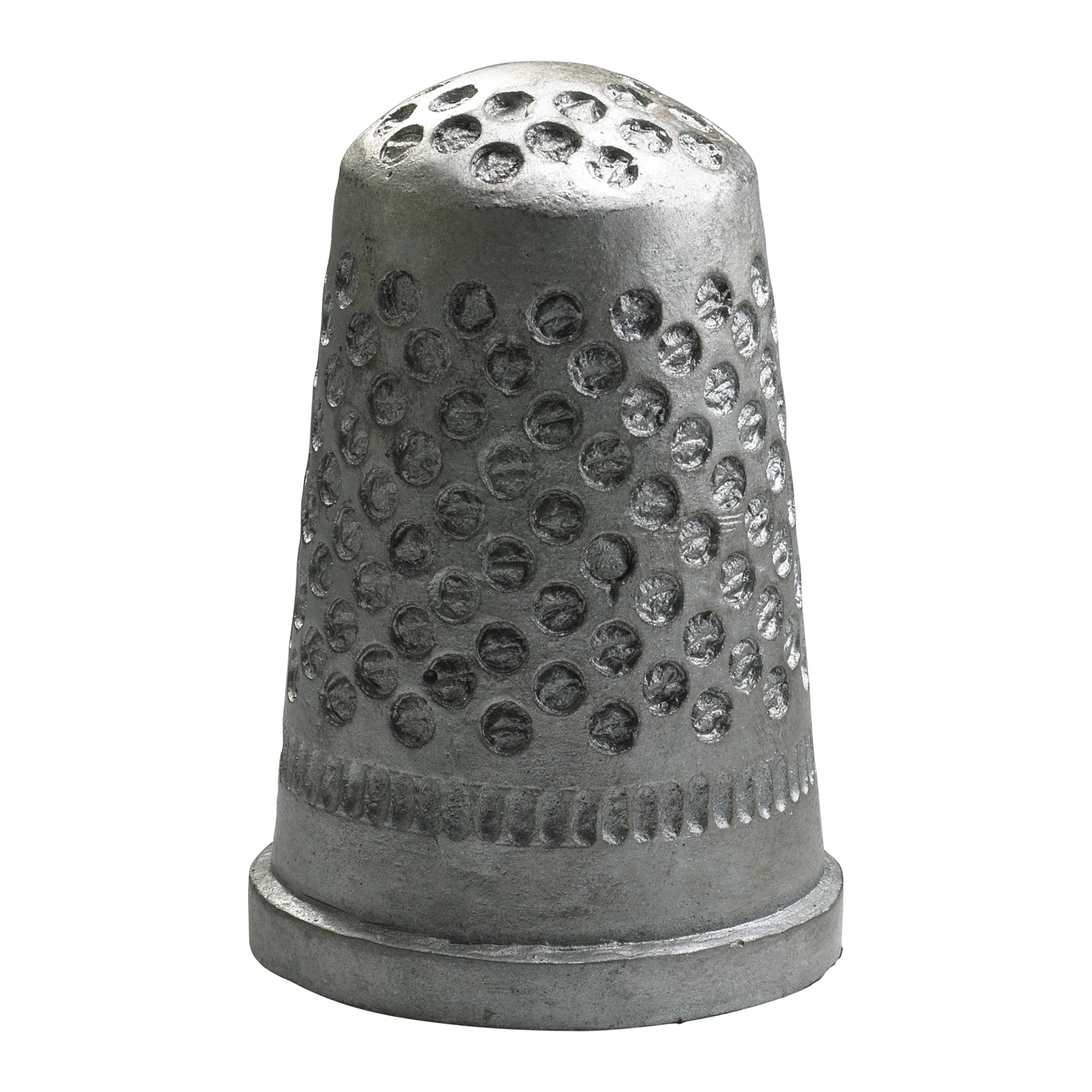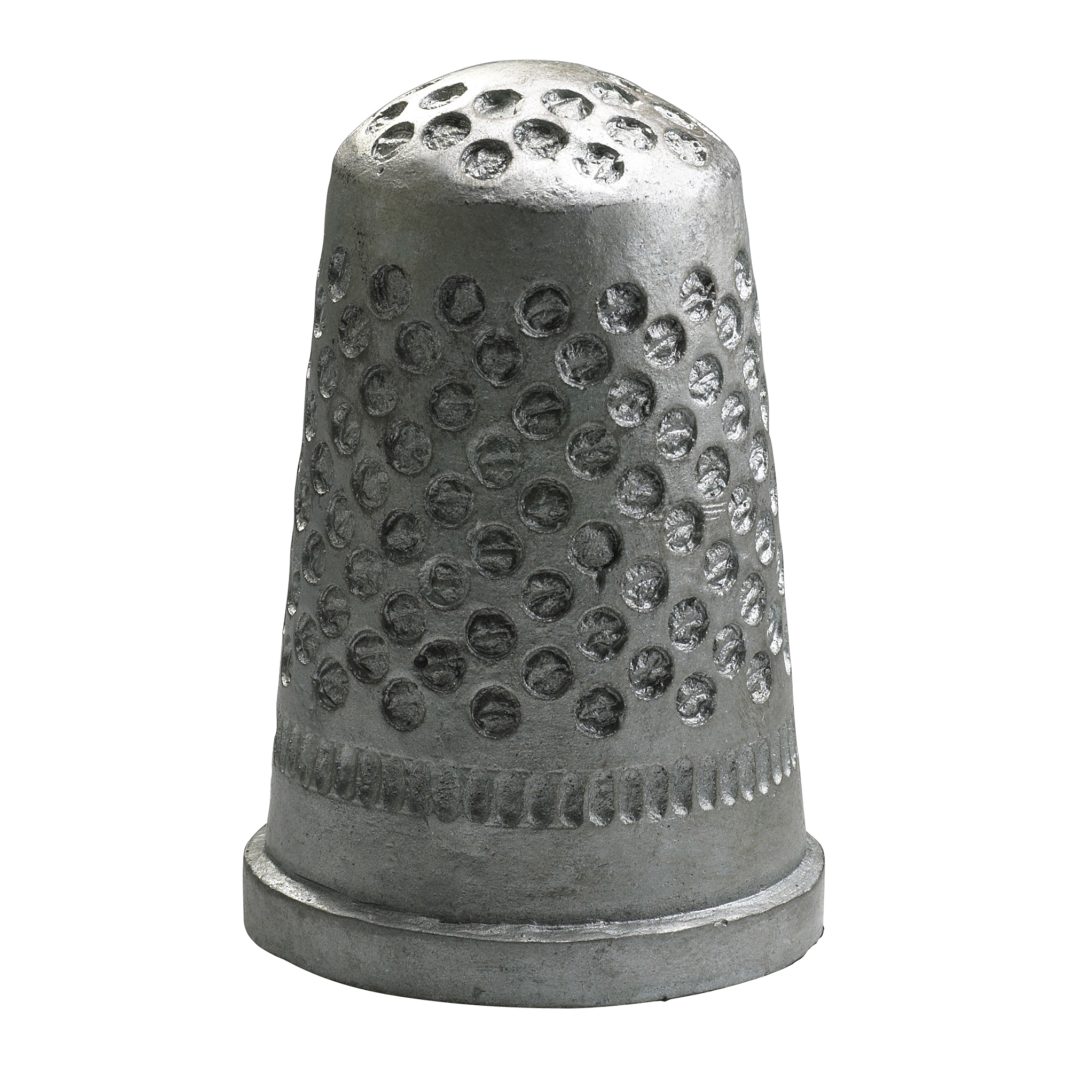 German archaeologists have made an exciting discovery, uncovering game pieces that date back a thousand years. This finding sheds light on the recreational activities and pastimes of people in the region during that time period.
German archaeologists have made an exciting discovery, uncovering game pieces that date back a thousand years. This finding sheds light on the recreational activities and pastimes of people in the region during that time period.
The game pieces were found during an excavation in the town of Trier, located in western Germany. The archaeologists found a total of 18 game pieces, made from bone and antler, which were used in a board game similar to chess or checkers.
According to the researchers, these game pieces provide valuable insights into the social and cultural aspects of life in medieval Germany. They believe that the game was not only a form of entertainment but also played a significant role in social interactions and gatherings.
Dr. Monika Motzko, one of the archaeologists involved in the excavation, explains that “games have always been a way for people to come together and interact. They provide a shared experience and a sense of community.”
The discovery of these game pieces adds to the growing body of evidence that suggests board games were popular pastimes throughout history. In recent years, archaeologists have found similar game pieces in other parts of Europe, including Norway, Sweden, and the United Kingdom.
This finding also highlights the importance of archaeology in uncovering the hidden stories of our ancestors. By studying artifacts like these game pieces, researchers can gain a deeper understanding of how people lived and what they valued in different time periods.
Furthermore, this discovery underscores the universal nature of human leisure activities. While the specific rules and designs of these ancient board games may differ from the ones we play today, the fundamental concept remains the same – to engage in friendly competition and enjoy the company of others.
In conclusion, the discovery of these game pieces in Trier is a significant archaeological find that offers valuable insights into the recreational activities of people in medieval Germany. It demonstrates the enduring appeal of board games as a form of entertainment and highlights the importance of archaeology in uncovering our shared human history.


